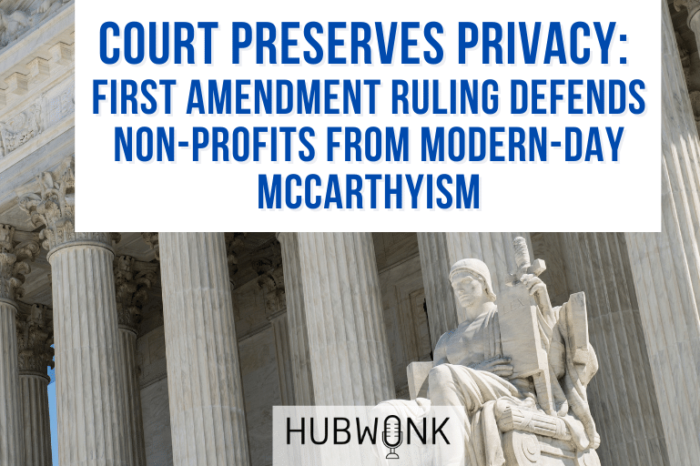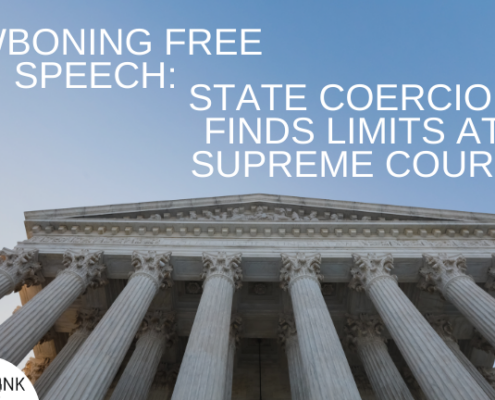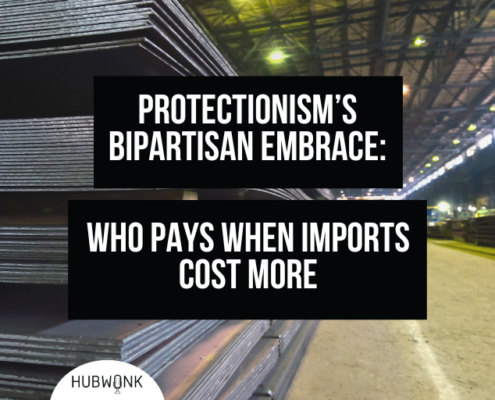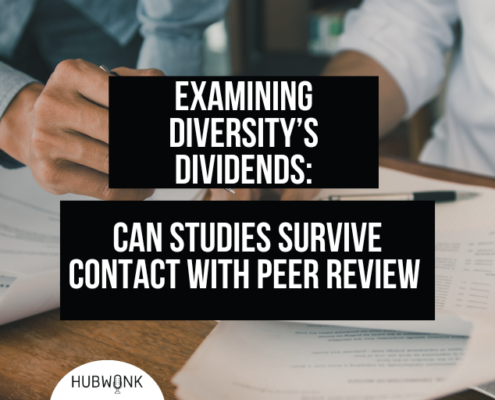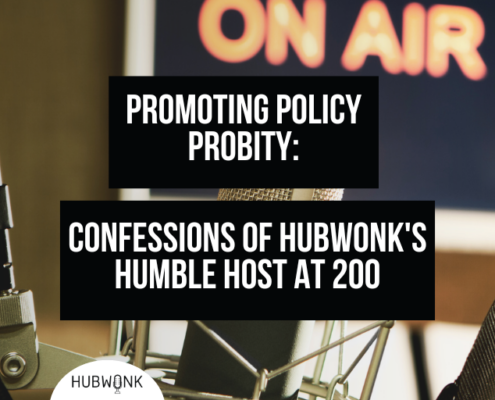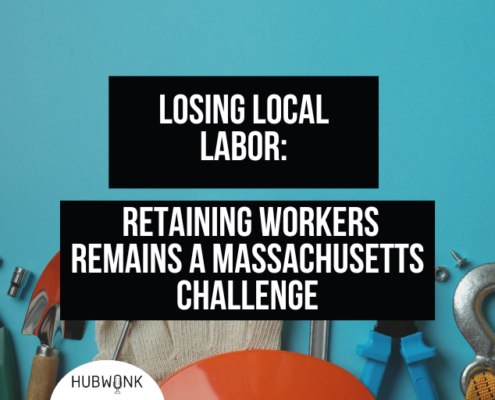Court Preserves Privacy: First Amendment Ruling Defends Non-Profits From Modern-Day McCarthyism
Hubwonk Host Joe Selvaggi talks with CATO research fellow and constitutional scholar Trevor Burrus about the recent Supreme Court ruling, Americans For Prosperity Foundation v. Bonta, reaffirming the right to privacy by denying the state of California the right to compel non-profits to disclose their list of donors.
Guest:
 Trevor Burrus is a research fellow in the Cato Institute’s Robert A. Levy Center for Constitutional Studies and in the Center for the Study of Science, as well as editor-in-chief of the Cato Supreme Court Review. His research interests include constitutional law, civil and criminal law, legal and political philosophy, legal history, and the interface between science and public policy. His academic work has appeared in journals such as the Harvard Journal of Law and Public Policy, the New York University Journal of Law and Liberty, the New York University Annual Survey of American Law, the Syracuse Law Review, and many others. His popular writing has appeared in the Washington Post, the New York Times, USA Today, Forbes, the Huffington Post, the New York Daily News, and others.
Trevor Burrus is a research fellow in the Cato Institute’s Robert A. Levy Center for Constitutional Studies and in the Center for the Study of Science, as well as editor-in-chief of the Cato Supreme Court Review. His research interests include constitutional law, civil and criminal law, legal and political philosophy, legal history, and the interface between science and public policy. His academic work has appeared in journals such as the Harvard Journal of Law and Public Policy, the New York University Journal of Law and Liberty, the New York University Annual Survey of American Law, the Syracuse Law Review, and many others. His popular writing has appeared in the Washington Post, the New York Times, USA Today, Forbes, the Huffington Post, the New York Daily News, and others.
Get new episodes of Hubwonk in your inbox!
Recent Episodes:

